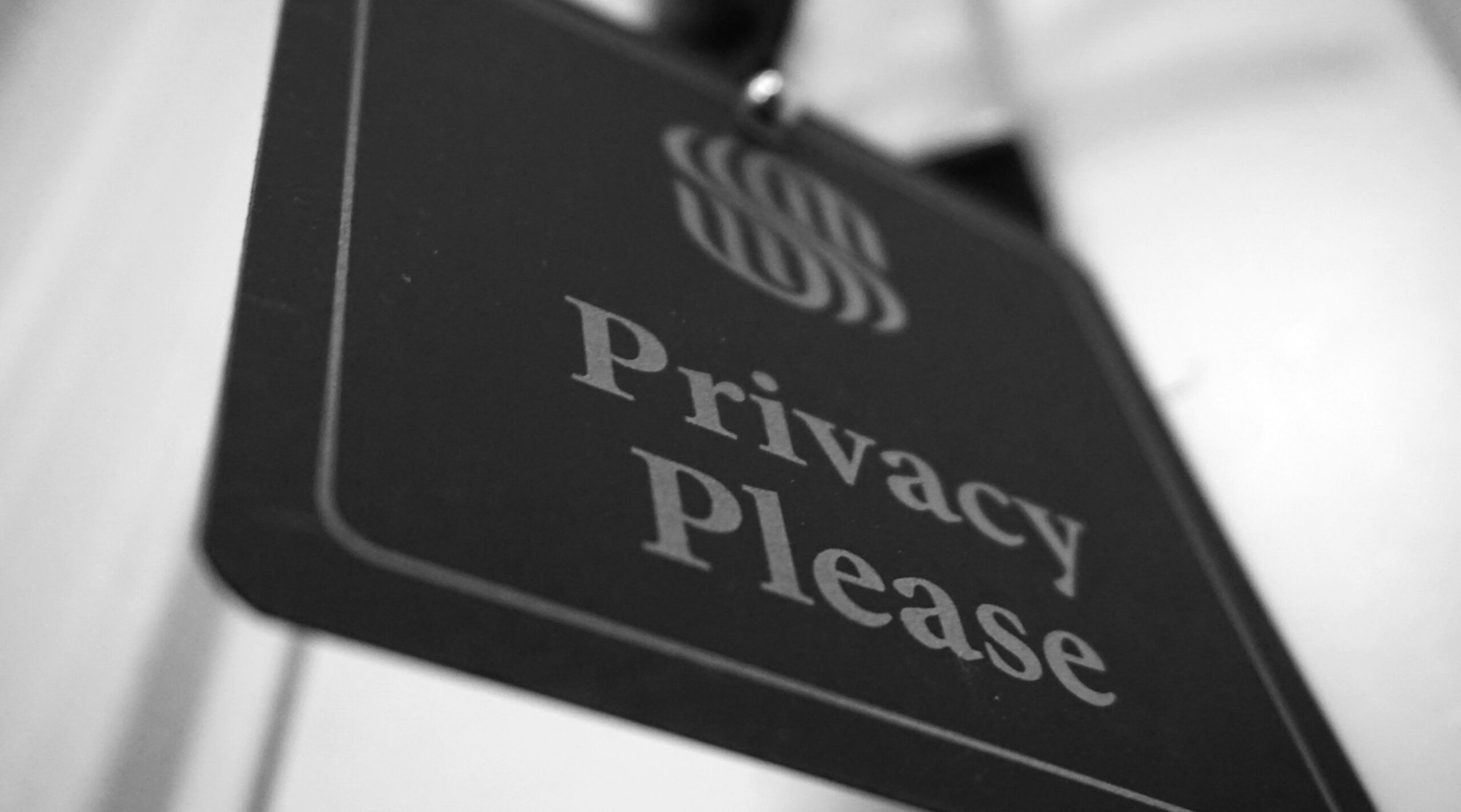There are many ways in which FIPPA (Freedom Of Information and Protection Of Privacy Act) can affect your teaching career and classes being taught. Confidentiality and the protection of both student and teacher information are among the primary responsibilities in schools. FIPPA states that any personal information collected is not to be disclosed before it is confirmed to be okay. Some examples of information that would need to be protected include:
- Names
- Addresses
- Grades
- Photos
- Health info
For teachers, it is important to provide families with a notice of purpose when any kind of personal information is being collected or used. For example, if students are asked to participate in a classroom activity that involves photos from home, parents need to be informed of why they are needed and how they will be used. This process secures trust between parent and teacher, and relates to obtaining informed consent before disclosing or sharing any saved personal information.
FIPPA has a large relevance in relation to technology and social media. Many teachers have both personal and professional online profiles, and they must model appropriate boundaries and responsible use of social media apps. Students also need to be taught about consent and privacy in this digital age, especially with most social media users being under the age of 18 in Canada. They should understand that once personal information is posted online, it can be very difficult, if not impossible, to remove, and may have major, long-lasting consequences, including safety risks or even legal issues. Social media also has many other risks related to harmful content like cyberbullying, and can pose negative impacts on mental health, which reinforces the teacher’s role in guiding students toward safe and responsible online practices.
Through reviewing the lecture notes and exploring the Cloud Computing Guidelines for Public Bodies, I gained a better understanding of how public bodies, including schools, are accountable for protecting personal information. As a future educator, I realize that following FIPPA not only protects students and families but also protects me and my school from potential breaches of trust or legal consequences. Once I become a teacher, I will ensure that my students understand the importance of safe media usage and privacy. This also includes ensuring that permission is given before obtaining and using any personal details. Overall, FIPPA taught me that respecting privacy and confidentiality is not just a legal requirement, but also an ethical responsibility in creating a safe and respectful learning environment.

Photo by Mariia Shalabaieva on Unsplash

Sorry, but comments are not enabled on this site.